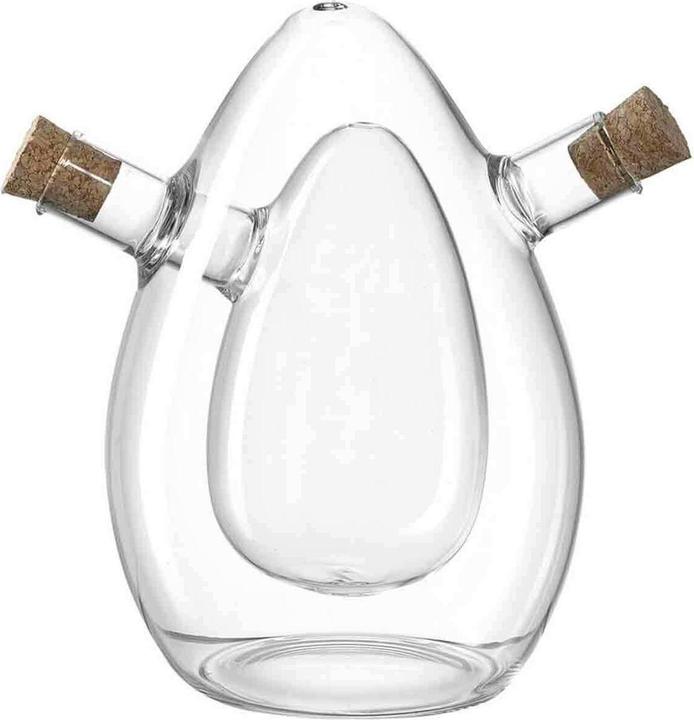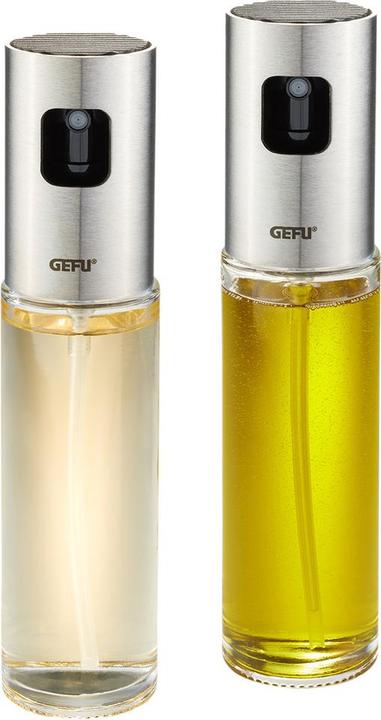

Which cooking oils are good for you? Facts and myths in a nutshell
Cooking oils are more than flavour carriers – they have a direct effect on your health. Keep reading to find out what makes a good oil, which common myths are wrong and what you should look out for when choosing a healthy oil.
Cooking oils are a basic ingredient in (almost) every kitchen, whether you’re frying, dressing salads or baking. But when it comes to choosing the right oil, there’s a lot of uncertainty: is olive oil really as healthy as they say? How come rapeseed oil doesn’t taste bitter these days? Are more exotic types such as coconut or avocado oil a viable alternative? And what about palm oil, the most widely produced oil in the world?
The most popular cooking oils: rapeseed, sunflower and soybean
Worldwide, palm and soybean oil are in the lead when it comes to pure production volumes: in 2022, around 77 million tonnes of palm oil and 61 million tonnes of soybean oil were produced (Statista, 2023) (pages in German). But for home cooking and dressing, we have other favourites. In Switzerland, these are rapeseed oil, followed by sunflower and olive oil (page in German). Tastes are similar in Germany (page in German). Thankfully, this means our preferences are spot on when it comes to health benefits.
Each of these oils has a different composition of saturated, monounsaturated and polyunsaturated fatty acids – and it’s this mix that’s good for your health.
Want to know more? Check out the following article:
What makes an edible oil healthy?
Oils provide you with essential fatty acids and fat-soluble vitamins such as A, D, E and K. Unsaturated fatty acids in particular, such as those in olive, rapeseed and linseed oil, are considered good for the heart and blood vessels. However, saturated fatty acids, such as those in coconut or palm oil, can increase LDL cholesterol and are suspected of increasing the risk of cardiovascular disease.
Health benefits, myths and facts
Ready for a deep dive? Learn all about the healthy properties of different oils here. Bit by bit, we’ll be adding further articles on other edible oils to this page
Science editor and biologist. I love animals and am fascinated by plants, their abilities and everything you can do with them. That's why my favourite place is always the outdoors - somewhere in nature, preferably in my wild garden.
Practical solutions for everyday problems with technology, household hacks and much more.
Show all







